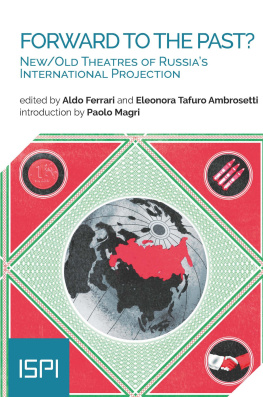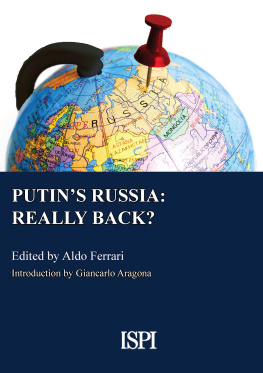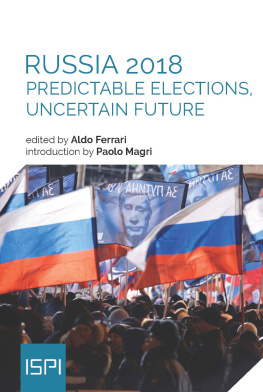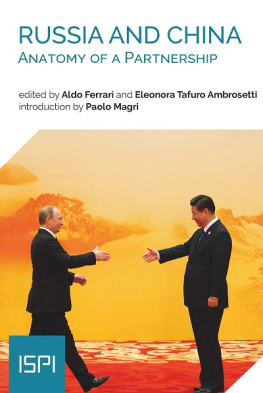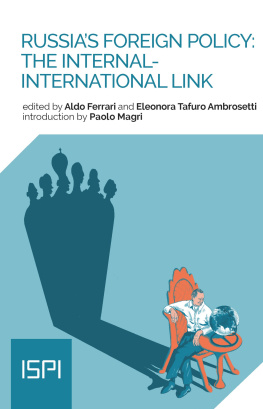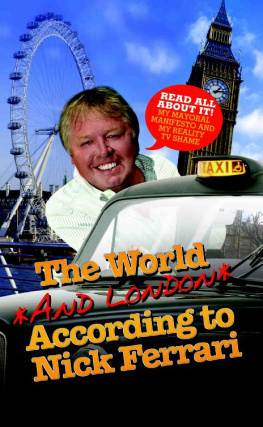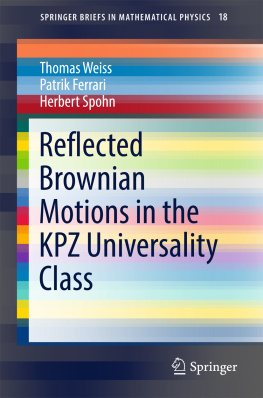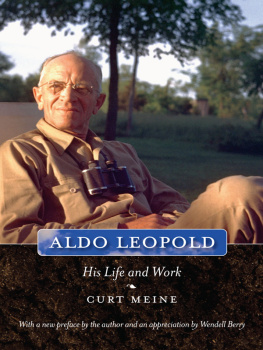2020 Ledizioni LediPublishing
Via Alamanni, 11 20141 Milano Italy
www.ledizioni.it
Forward to the Past? New/Old Theatres of Russias International Projection
Edited by Aldo Ferrari and Eleonora Tafuro Ambrosetti
First edition: April 2020
Realized with the support of the Policy Planning Unit of the Ministry of Foreign Affairs and International Cooperation pursuant to art. 23-bis of Presidential Decree 18/1967.
Print ISBN 9788855262323
ePub ISBN 9788855262330
Pdf ISBN 9788855262347
DOI 10.14672/55262323
ISPI. Via Clerici, 5
20121, Milan
www.ispionline.it
Catalogue and reprints information: www.ledizioni.it
Introduction
In light of the great challenges ahead, Russia needs to address the large-scale social, economic and technological tasks facing the country more quickly and without delay. This quote is from the Russian Presidents Federal Assembly Address delivered in early 2019. Most probably, back then, the last thing crossing Vladimir Putins mind was that one year later those challenges would become even greater due to a pandemic. The Covid-19 emergency is indeed bound to put further strain on the longstanding vulnerabilities that Russias economy has been facing for years: excessive dependence on energy exports, Western sanctions, demographic problems and constant foreign policy overreach.
Over the last two decades, these challenges have not stopped Russia from pursuing an increasingly assertive foreign policy. Since the early 2000s, the drive to compete on par with global powers such as the US and China, as well as the need to capitalise on international successes at home, have gradually drawn Moscow further away from its immediate neighbourhood. What is more, over the last two decades, Russia has progressively come back to many old foreign theatres where the Soviet Union was also actively engaged. More than a quarter of a century after the fall of the USSR, it is clear that Russias President Putin made restoring Russias great power status a primary goal during his twenty years at the helm of the country. Political and historical links dating back to the Cold War have been capitalised upon in order to build fresh partnerships and cement or re-establish Russias influence. And, similar to the Soviet Union, which supported Western communist parties and ran disinformation campaigns, Russia has been frequently accused of meddling with the electoral processes of several Western countries.
The most telling example of Russias proactive foreign policy is Syria. Taking advantage of the gradual US retreat from the Middle East, Russia intervened in support of Bashar Al Assads autocratic government against political opposition groups seeking regime change. Many media and academic accounts of Russias political and military backing of Assad overlook the fact that todays close relations between Moscow and Damascus date back to the Cold War era. The two parties signed a friendship agreement in 1971, while in 1980 another deal stipulated that in case of a third party invasion of Syria, the Soviets would intervene. Furthermore, the Soviet Union established its naval base in Tartus in the 1970s, and sent over 5,000 military advisors and massive amounts of weaponry to Damascus.
Further examples of Russias assertiveness around the globe abound. For instance, Russia appears to have new aspirations in Africa, a continent where Soviet influence had strengthened during the decolonisation period, once post-independence governments were established in Angola, Egypt, Somalia and Ethiopia, to name a few. All these countries received diplomatic or military support from the Soviet Union. Today, Russia is gradually increasing its influence in many African countries through strategic investment in energy and minerals, arms trade, political and military involvement in crises (Libya and CAR) and soft power. But while much has been written about Chinas role in Africa, there is far less discussion about the spread and depth of Russias contemporary presence in Africa.
In this Report, we ask: what are the elements of continuity and change when comparing Russias foreign policy with the Soviet Unions? What are the political, historical, military and economic dimensions of Russias return to the old Soviet theatres of influence? The Report also delves into the implications of Russias stance and strategy for the development of a multipolar world order long-advocated by Moscow, by opposing US unipolarity and the Western-championed liberal order.
In the first chapter, Elena Alekseenkova explains that 2020 marks the 20th anniversary of Putins presidency, as well as the start of concrete steps toward political succession. The year actually started with a landmark State of the Nation address by Vladimir Putin, in which he proposed several constitutional amendments that seemingly reduced presidential powers, creating a system for the post-Putin era. In March, however, the Duma voted in favour of a constitutional amendment to reset the clock on his mandates, so that he can virtually rule until 2036: another 16 years in office would make him modern Russias longest-serving leader, overtaking Joseph Stalin. Why was such a complicated scheme of reforms proposed in January, instead of simply abolishing the constitutional rules limiting Putins presidential terms? Alekseenkova argues that the answer to this question lies in the issue of legitimacy and of personal versus institutional trust. She explains the meaning of Putins manoeuvre and suggests its possible consequences for Russias domestic and foreign policy.
In foreign policy, the most straightforward area for Russia to project external influence is its neighbourhood. Is Russia using regional integration to re-establish its hegemony, as it did in Soviet times? Indeed, Eurasianism has been interpreted as a cultural and geopolitical justification for Russian imperialism, replacing the role played by Marxism-Leninism in Soviet times. Aldo Ferrari reviews the idea of Greater Eurasia and its relationship with other recent Russian intellectual and political ventures, such as Eurasianism and the Eurasian Economic Union (EAEU). The Russian leaderships strong emphasis on Greater Eurasia, and especially the role that Eurasianism plays within it, has grabbed international attention and is crucial to understanding Russias self-perception, as well as its ability to conduct an effective foreign policy.
When it comes to soft power, by contrast, a comparison with the USSR may seem inappropriate: the concept was created after the end of the Cold War and, in any case, todays Russia is perceived as a hard power country. Yet, Eleonora Tafuro argues not only that Moscow does have and indeed relies on soft power (today as in the past), but also that overlooking this leads to the Wests misunderstanding of Russias foreign policy. While calling for a neutral reading of the concept, Eleonora Tafuro Ambrosetti claims that Russia started investing in soft power and public diplomacy from the early 2000s through media, language and cultural programmes targeted at the post-Soviet space and beyond. While it is true that some elements such as the use of sport mega-events or anti-Americanism may be reminiscent of the Soviet past, some novel narratives, such as conservatism, are peculiar to the new Russia.


